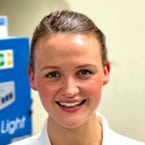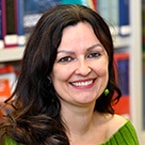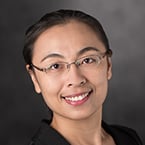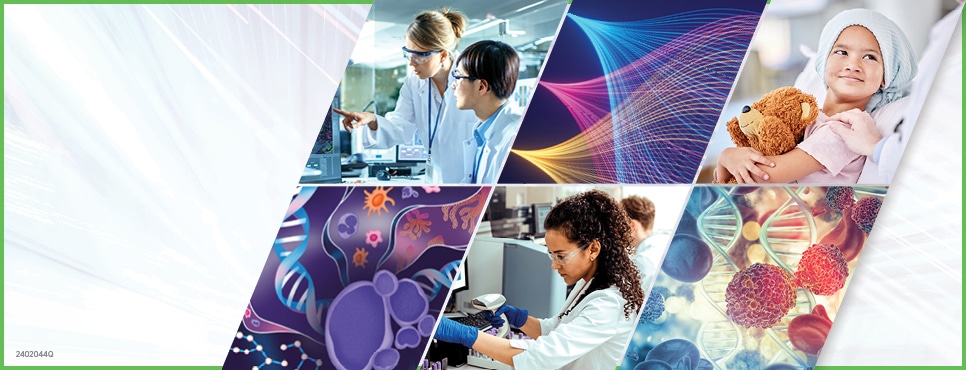NextGen Stars
AACR Annual Meeting 2025 NextGen Stars Program
The application is closed. The application deadline was October 10, 2024. Applicants will be notified of their status on November 19, 2024.
Information for selected presenters
- Selected talks will be added to existing Major Symposia and Advances sessions, based on the subject matter of the abstract. Most talks will be 15 minutes in length plus 5 minutes for discussion, but the assigned length of the talk may vary depending on the session.
- Applicants who are selected to give talks at the Annual Meeting will receive travel support and complimentary registration for the meeting.
Congratulations to the 2025 NextGen Stars!











